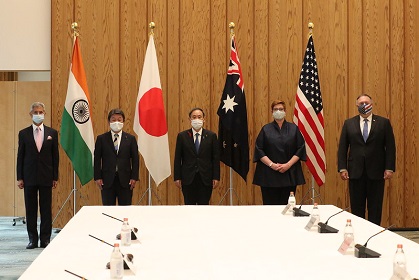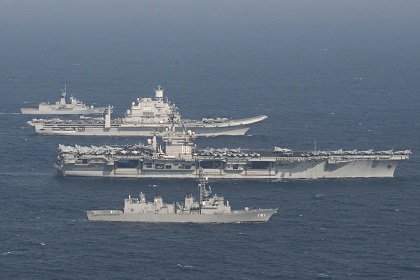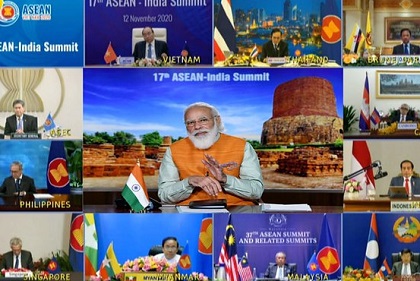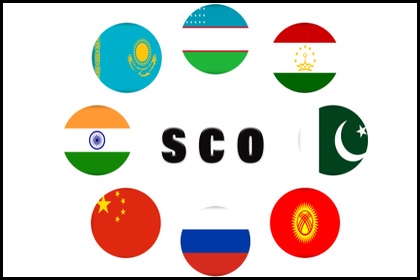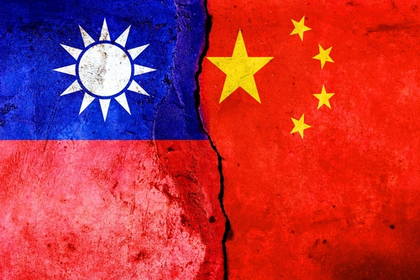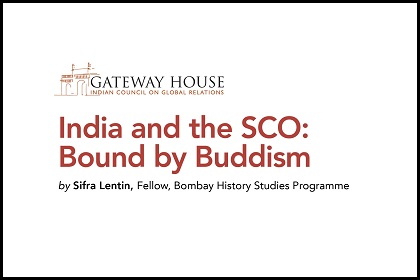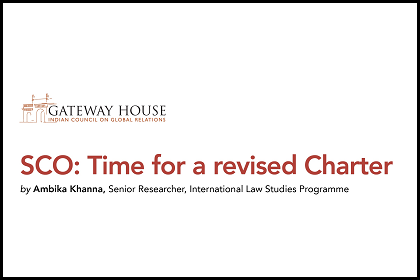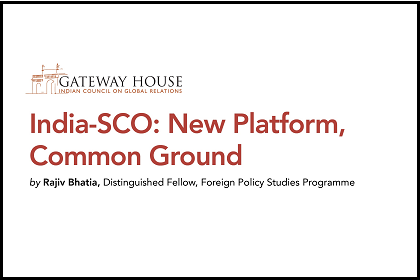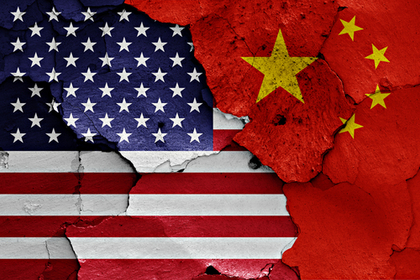To formalize the Quad – or not
Should the Quad be formalized? It has evolved from a crisis response group in 2004 to a strategic partnership today between the four member-countries – India, the U.S., Australia and Japan. There are benefits and challenges to the institutionalisation of the Quad which require timely analysis, especially as the group has renewed vigour this year with the COVID-19 pandemic and China’s aggression in the Indo-Pacific region.

